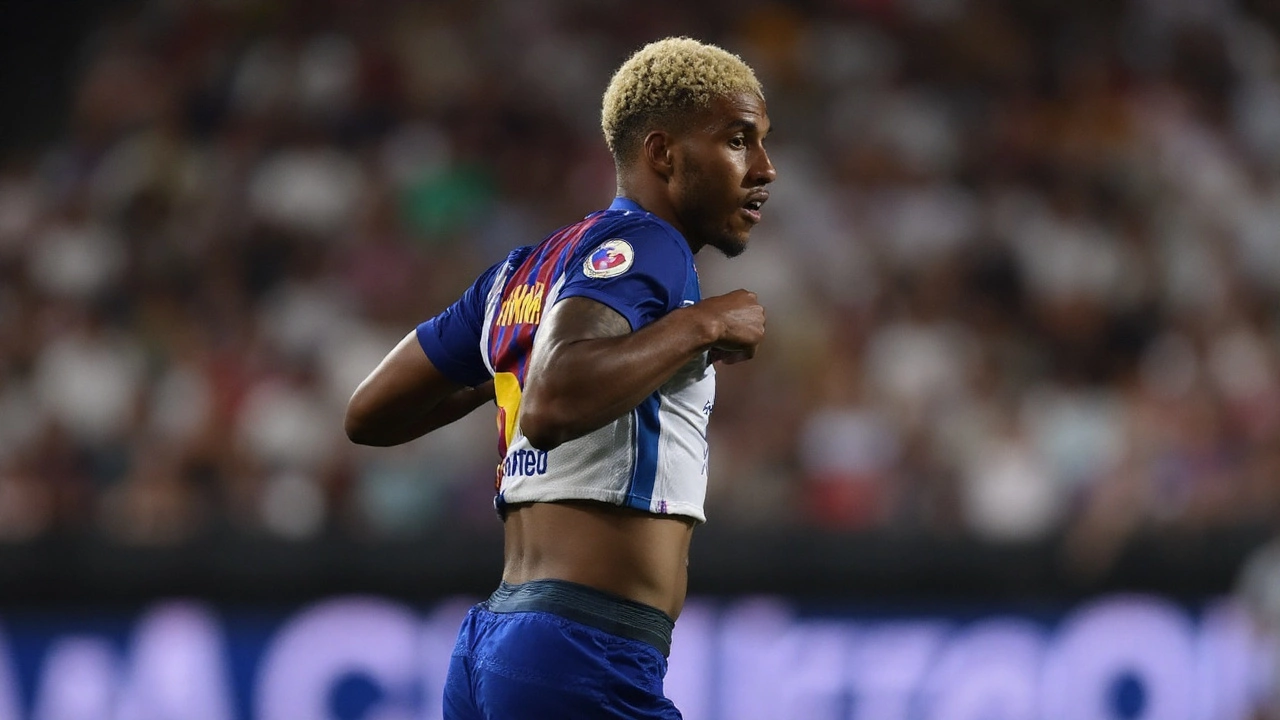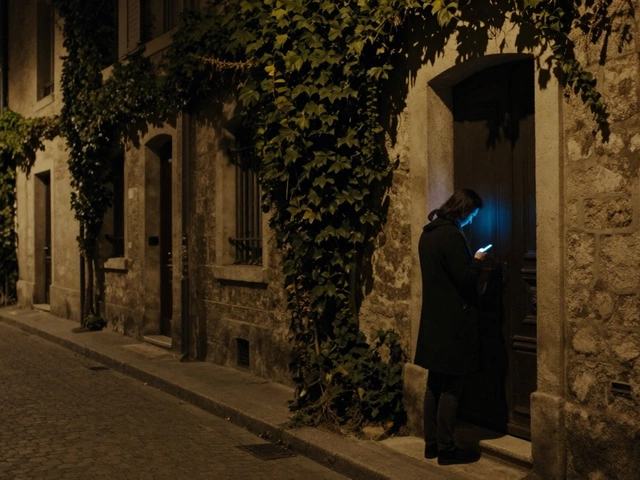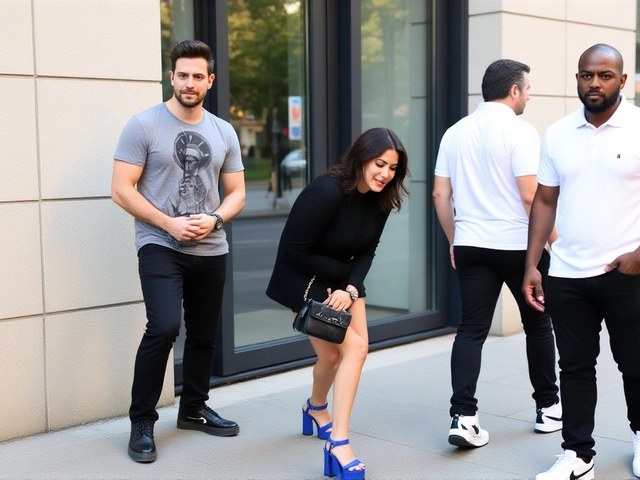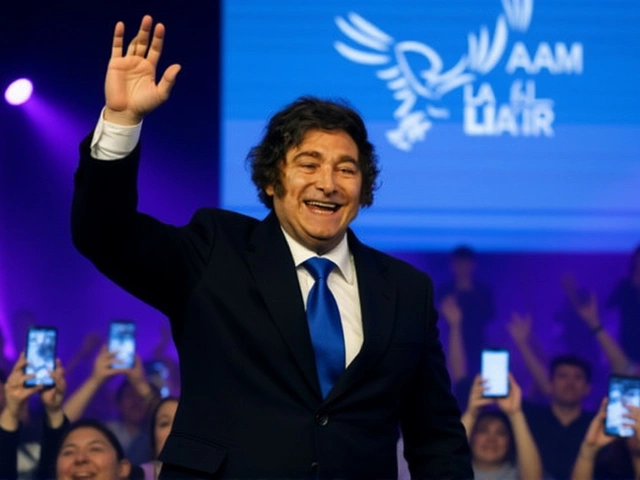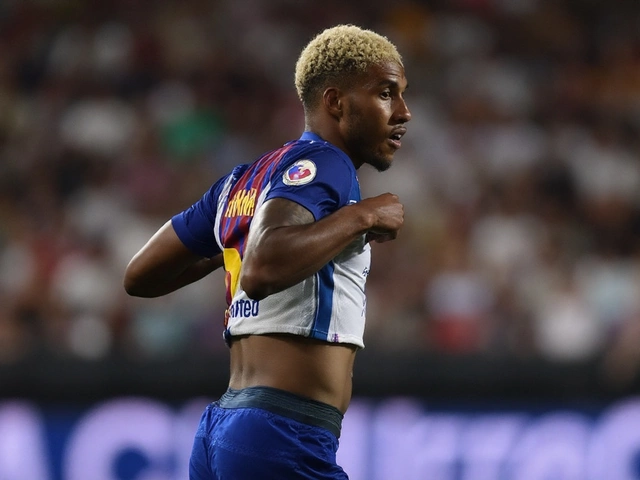Barça’s 18-year-old star sidelined after Spain duty, Flick fumes over player care
Lamine Yamal will not face Valencia on Sunday. Barcelona confirmed on Saturday, September 13, that the 18-year-old winger is dealing with pain in the pubic area, often associated with groin overload, and has been pulled from training and match selection. The club added he won’t rejoin full sessions until the problem settles, which also puts his Champions League opener against Newcastle United in serious doubt.
The timing is brutal for Barcelona. They are heading into a stretch that could define their September, and one of their most creative outlets is now out of the frame. Yamal returned from Spain camp with the issue still lingering, and the club’s medical team advised a pause to avoid aggravation.
Hansi Flick did not hide his anger. Speaking before the Valencia match, the Barcelona manager said the player left for international duty already in discomfort, did not train with Spain between the two fixtures, yet still got significant minutes in both games after being given painkillers. Spain were well ahead on the scoreboard in each match, he argued, so extended minutes were needless risk for a teenager managing pain.
Paraphrasing his point: if a player isn’t fit to train, he shouldn’t be playing 70-plus minutes twice in a few days, especially when the result is secure. Flick framed it as a question of care, not club-versus-country politics. But make no mistake, it lands squarely in the middle of a debate that never really goes away.
Barcelona’s statement was clinical and short. Flick’s tone was not. He made it clear the club flagged the issue before the break, and he is now dealing with the consequences as the team prepares for two high-stakes games in quick succession.
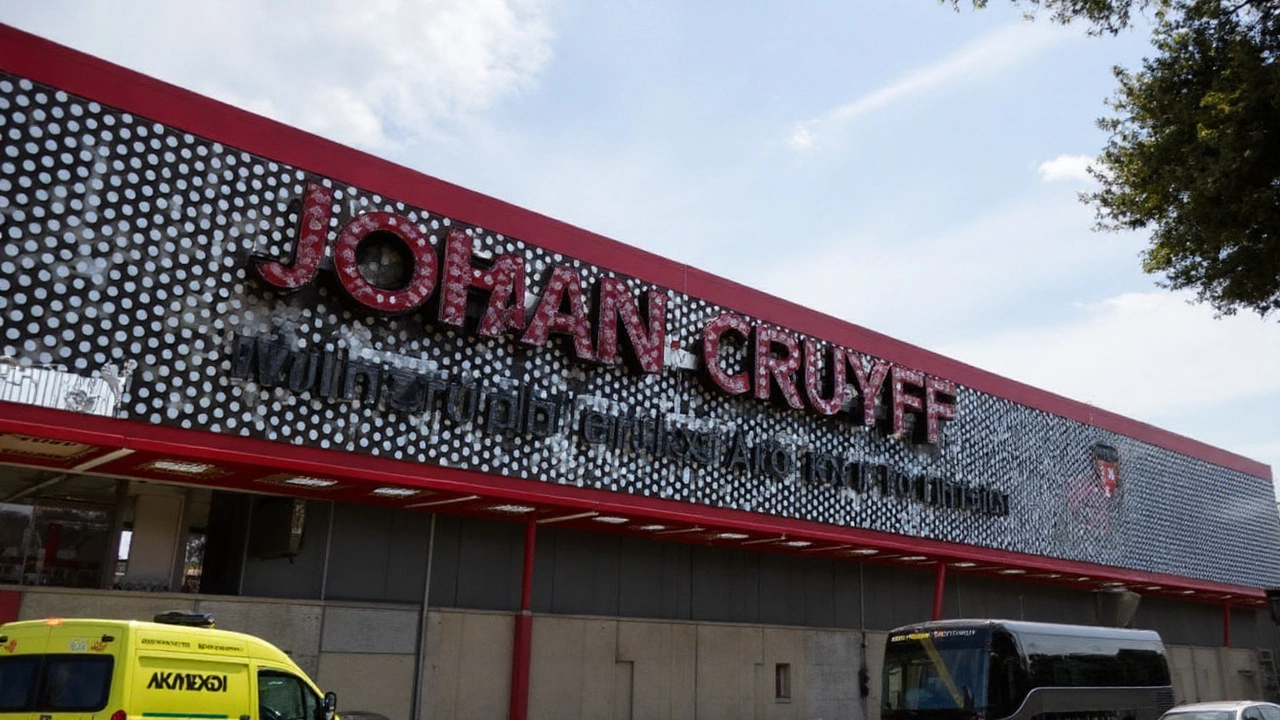
The bigger picture: risk, responsibility, and a teenage workload
Groin and pubic-area pain in footballers is often called pubalgia or osteitis pubis. It tends to flare with overuse and sudden spikes in load: intense sprints, frequent changes of direction, and repeated kicking. In young players, the risk is heightened because their bodies are still adapting to elite-level demands. Rest, gradual loading, and targeted rehab are the usual tools. Painkillers may blunt symptoms, but they don’t fix the underlying stress, and they can tempt everyone to push through when a pause would be wiser.
That’s the red line Flick is talking about. A national team’s job is to win. A club’s job is to protect its assets over a long season. Those goals overlap—until they don’t. Under FIFA’s release rules, clubs must send players when called. Once there, the national team controls training and minutes. When a teenager goes from reduced work to heavy match time inside days, you can see why a club manager raises his hand.
FIFPRO’s 2023 Player Workload Monitoring report warned again about schedule density, short turnarounds, and the risks of stacking minutes on young players. The message was simple: accumulation matters. It’s not one game, it’s the pile-up. Yamal has been playing at senior level since he was 15. He is used to the pace, but even prodigies have limits.
Spain’s staff hasn’t publicly answered Flick’s claims, and Barcelona hasn’t provided a return date. Given the location of the pain and the nature of the symptoms, the sensible plan is day-to-day management: rest, reduce load, treat inflammation, then test controlled strides back into training. Even a minor groin issue can linger if mishandled. A week saved now could be a month lost later.
From a pure football angle, the absence hurts Barcelona’s right side. Yamal stretches defenses, draws fouls, and creates passing angles that unlock low blocks. Without him, Flick will likely turn to Raphinha as the direct replacement, with Ferran Torres another option depending on the opponent’s full-backs and whether Barcelona want a touchline winger or an inside forward. Expect more crosses from deeper zones and a bit less one-on-one dribbling in the final third.
The Valencia fixture was already tricky: organized at the back, aggressive in transition, and happy to make a game ugly if it suits them. Yamal’s ability to unbalance defenders with early touches and quick switches often forces teams to retreat five yards. That breathing room matters for Barca’s midfield when they try to control rhythm. Without it, the gaps tighten and the risk of turnovers rises.
Then comes Newcastle in Europe—high intensity, heavy press, and little time on the ball. Flick may need experienced decision-making on the wings, plus help from the full-backs to recreate the width Yamal provides naturally. That could mean more conservative positioning early, inviting the press and looking to hit space behind on the release. It’s a tweak, not a compromise, but it changes the feel of the attack.
Yamal’s rapid rise makes this episode hit harder. He came through La Masia with rare calm on the ball, found a lane into the first team, and never looked spooked by the stage. By 18, he was already key for both club and country and being talked about as a future major individual award contender. That level of expectation at his age is unusual, and it makes every setback feel bigger than it might be.
What happens next depends on three things: how quickly the pain settles, what the medical scans show, and whether both teams stick to a conservative plan. If Barcelona see a clean path, he could be back in a short window. If any sign of lingering inflammation remains, they will hold him. Public pressure won’t move the needle—Flick has made it clear the long game is the only game that matters here.
For Spain, there’s a lesson too. International windows compress everything: travel, training, recovery, and two matches in four or five days. Managing a player who arrives sore is a balancing act between medical advice and competitive goals. The safest option is usually less time, not more, especially when scorelines are already secure. That’s the part of Flick’s complaint that resonates in club corridors across Europe.
Zoom out and the story is familiar. Managers have grumbled for years after breaks—about minutes, muscle fatigue, and long flights. The difference now is the age of the players at the center of it. Clubs are fielding teenagers as regular starters because they’re good enough, and because squad budgets demand it. That puts even more weight on everyone’s medical judgment during international weeks.
In the short term, Barcelona’s plan is straightforward: take the sting out of the groin, ease him back into non-contact work, then build up to ball work and sprints. If all goes well, the timeline could be measured in days. If the pain persists, it becomes weeks. Pubic-area issues have a nasty habit of turning chronic if they’re rushed.
Barcelona’s locker room will adapt. They’ve done it before. The structure is there—midfield control, full-backs who can overlap, and forwards who can rotate positions to find matchups. What they lose without Yamal is unpredictability. He attracts double teams, and when that happens, others get space. Replace that gravity and the attack keeps its edge.
One last thread: communication. Clubs and national teams talk all the time, and often we never hear a peep. This time, the private tension went public. That usually speeds up changes. Expect tighter pre-camp medical briefings next window, clearer red lines on training participation, and a shared plan on minutes if symptoms appear. It doesn’t solve the calendar, but it can lower the risk.
For now, Barcelona travel without their teenager who already plays like a veteran. Valencia comes first. Newcastle might come too soon. What happens in the next week will say a lot about how both sides—club and country—handle one of the most gifted young players in the game.
